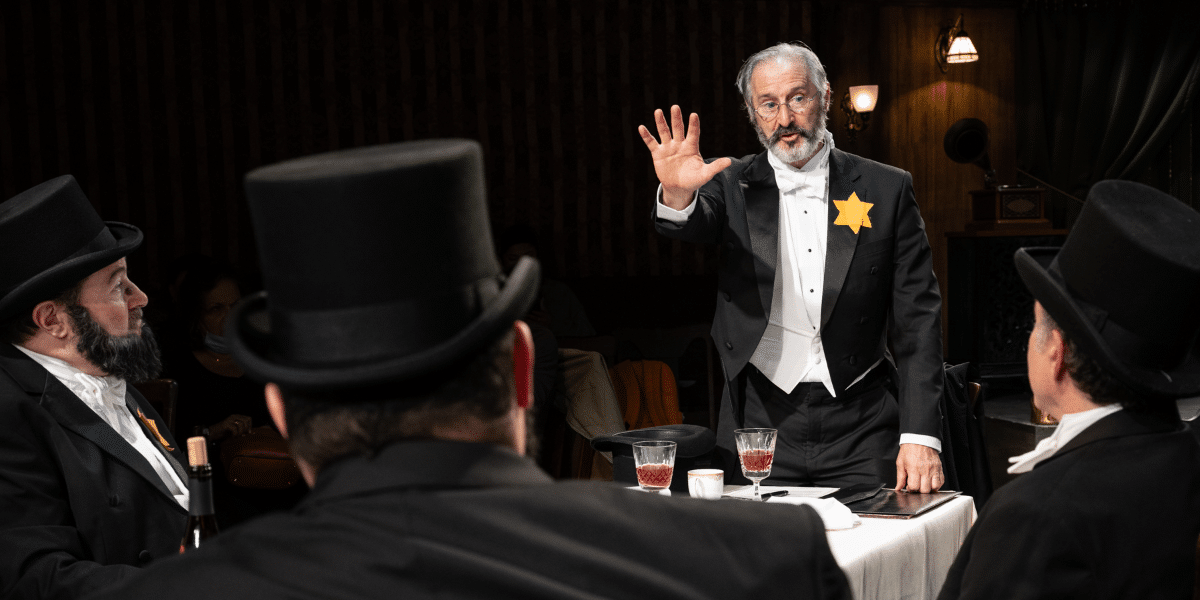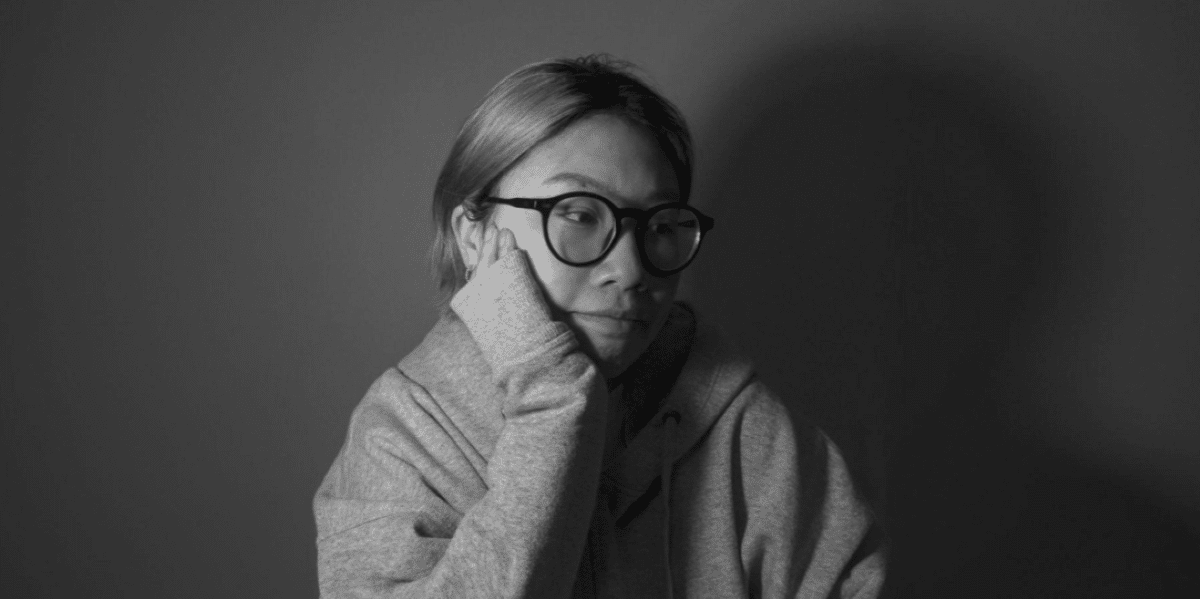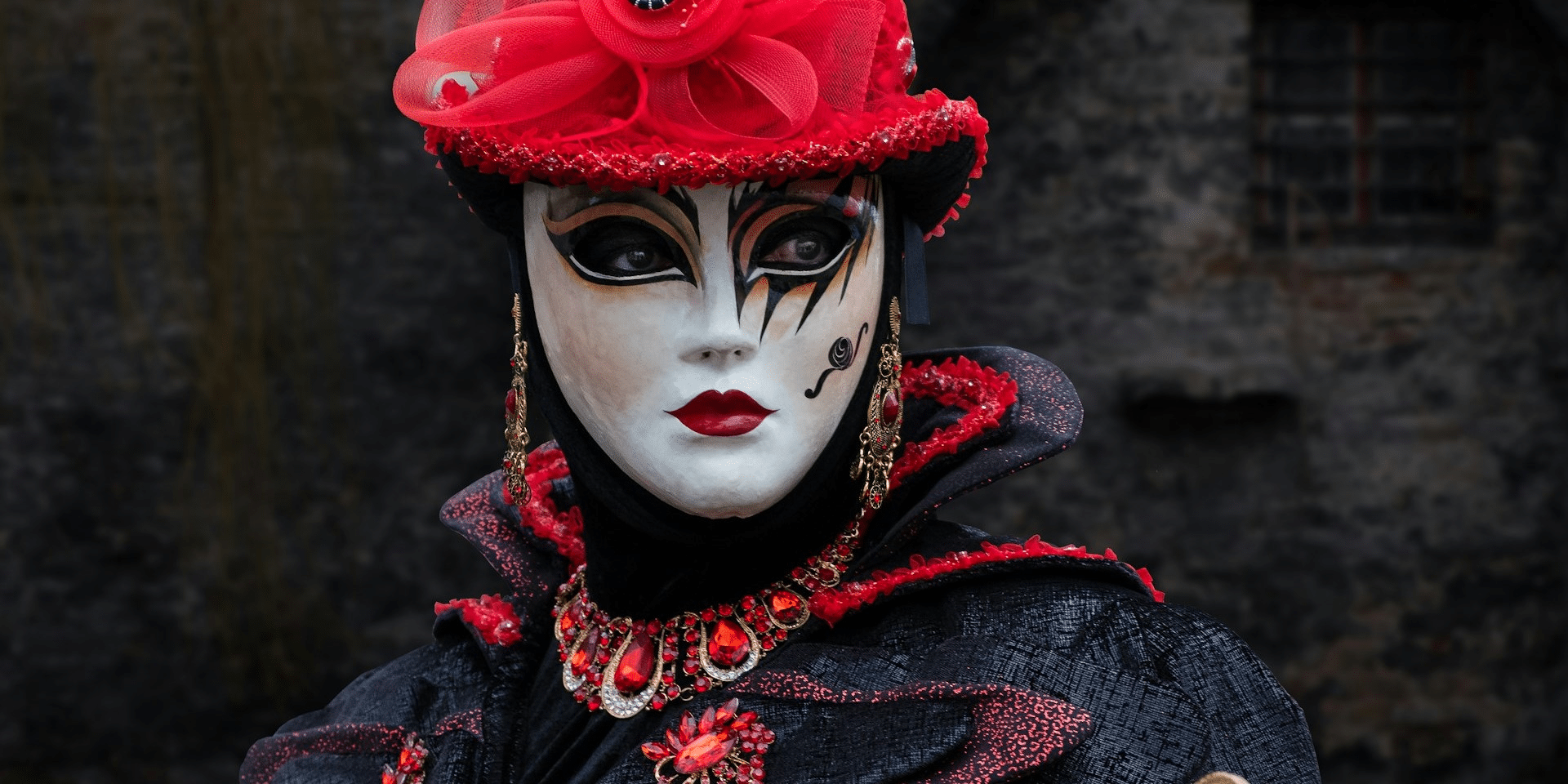The Off-Broadway debut of “King of the Jews” by Leslie Epstein is set to shed light on a dark chapter of history, the Holocaust, through a unique lens. The play delves into the lives of the Judenrat, Jewish councils tasked with governing their communities under Nazi occupation.
We had the opportunity to discuss the production with the play’s director, Alexandra Aron, renowned for her work with international artists as the Founder and Producing Director of the Remote Theater Project.
Aron described the play as “a dark, irreverent take on a little-examined subject of the Holocaust – the Judenrat. The Jewish Council, the Jews who ran ghettos for the Nazis.” The play’s unconventional approach and exploration of the Judenrat’s role make it a compelling and thought-provoking production.
In the heart of the Astoria Café, the play unfolds on one fateful night after curfew. Waiters, cooks, entertainers, and a few rabbis are coerced by German occupiers to establish a Judenrat. This self-governing body would determine the lives and deaths of their fellow Jews in the surrounding ghetto. The first act focuses on their painful selection of an Elder, based on Chaim Rumkowski, the real-life leader of the Lodz Ghetto in Poland. In the second act, set eighteen months later, the Judenrat faces an agonizing moral dilemma: deciding who among their fellow Jews will live and who will die. It’s a choice no one should make, yet they are compelled to do so, leading to a narrative filled with madness, double-dealing, and even humor.
Aron’s attraction to “King of the Jews” stemmed from its uniqueness. She found the play “weird and compelling,” drawn to its irreverence, humor, and ability to pose challenging questions. It’s a production that defies convention and invites audiences to contemplate complex issues. The play’s quirkiness and audacious exploration of the Holocaust’s darker corners are sure to leave a lasting impression.
The play’s setting in a historical context with profound moral dilemmas presented a significant challenge. The play is set in a cafe to create a sense of familiarity before leading the audience on a journey into an increasingly strange and surreal world. While the play is non-realistic, it raises vital questions that remain even more pertinent today.
This approach allows the audience to relate to the characters and their predicaments. It creates a stark contrast between the normalcy of the café setting and the surreal world of the Holocaust. By portraying the Judenrat as regular people forced into an extraordinary situation, the audience can better comprehend the gravity of their decisions.
Aron aimed to create an experiential experience for the “King of the Jews.” By exploiting the live music cafe setting, she intended to bring the audience close to the performers, emphasizing the seamless transition from a lively music venue to the harrowing world of the Holocaust. This transition aims to be both striking and emotionally impactful.
Collaborating with playwright Leslie Epstein, Aron engaged in discussions about anti-Semitism, humor, and the moral choices that individuals should never have to confront. These conversations were pivotal in handling the sensitive subject matter with care. The Holocaust is a topic that demands sensitivity and respect. While humor and irreverence play a role in the play, the production ensures that these elements do not diminish the gravity of the historical events depicted.
Balancing dark themes with humor and double-dealing was a complex task. Aron acknowledged that untangling the web of double-dealing within the play presented challenges. Still, it was an integral part of delivering a compelling narrative. The humor in “King of the Jews” is a reflection of the absurdity and the extremities of the circumstances faced by the Judenrat. It provides an opportunity for the audience to grapple with the complexities of human behavior in times of crisis.
As the Founder of the Remote Theater Project, which emphasizes the voices of international artists, we asked Aron how this perspective influenced her work on “King of the Jews” and her approach to storytelling. She explained, “The work I do with international artists is mostly as a producer. It is not ‘my room.’ I yield more control. Working with artists from different cultures has been the most enriching part of my life and informs everything I do.”
Aron’s background and commitment to global voices undoubtedly bring a unique perspective to her work as a director, fostering a more inclusive and diverse approach to storytelling. Her experience as a producer working with international artists has given her valuable insights into different cultural viewpoints, enriching her directorial approach.
The play’s environmental experience invites the audience to step into the characters’ lives, blurring the lines between reality and fiction. The transformation from a vibrant, contemporary music venue to the nightmarish world of the Holocaust should be seamless, leaving a powerful impression on the audience.
Looking ahead, Aron shared her excitement about “The Mulberry Tree,” a play about Palestine, and her role as a Jewish director in addressing the region’s complex and often sensitive issues. Her work consistently explores themes related to Jewish identity and the Israeli-Palestinian conflict, seeking to share knowledge and foster empathy.
Characterized by her commitment to exploring complex and challenging subject matter through theater, Alexandra Aron’s directorial approach to “King of the Jews” offers audiences a unique opportunity to engage with history, moral dilemmas, and the dark humor that emerges in even the most harrowing circumstances. Her work pushes the boundaries of traditional theater, allowing for a more immersive experience and addressing themes that resonate in our contemporary world. “King of the Jews” will surely spark essential conversations and deep reflection for its audiences.
The cast of “King of the Jews” is lead by Richard Topol (Broadway: Indecent) who is joined by Rachel Botchan (Regional: Indecent), David Deblinger (TV: “Tulsa King”) John Little (Broadway: Cabaret), Daniel Oreskes (Broadway: West Side Story), Allen Lewis Rickman (Broadway: Relatively Speaking), JP Sarro (Netflix “Orange is the New Black”), Dave Shalansky (TV: “Gillmore Girls“), Jonathan Spivey (Broadway: The Front Page), Erica Spyres (Broadway: Paradise Square), Wesley Tiso (TV: “Chicago P.D”), and Robert Zukerman (Film: In Bed With Ulysses).
The creative team includes Lauren Helpern (set design), Zach Blane (light design), Jane Shaw (sound design), Oana Botez (costume design), Sarah Pencheff-Martion (props designer), Jamibeth Margolis (Casting) and Emily Paige Ballou (production stage manager), Michal lV. Mendelson (assistant stage manager), Lauren Parish (Production Manager), (casting). This show is produced by John Breen for Parkman Productions. It is produced in association with GOH Productions.
“King of the Jews” begins performances on October 24 and will run through November 19, 2023. It performs Tuesday -Saturday at 7 PM. Matinees on Wednesday and Sunday at 2 PM. Tickets are $35- $99. Tickets & Information: visit here.org. HERE is located at 145 6th Ave (Enter on Dominick, 1 block south of Spring).
















